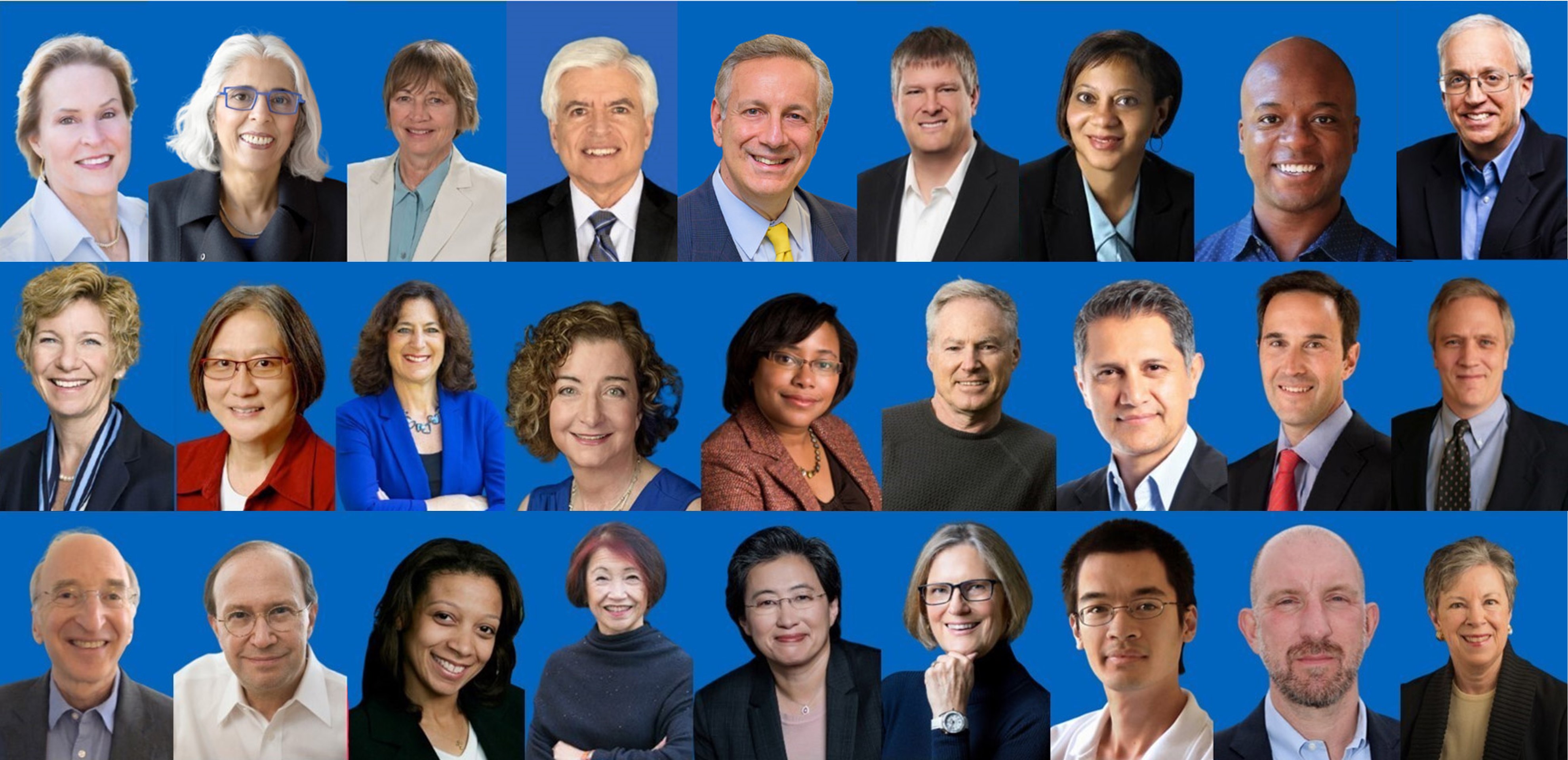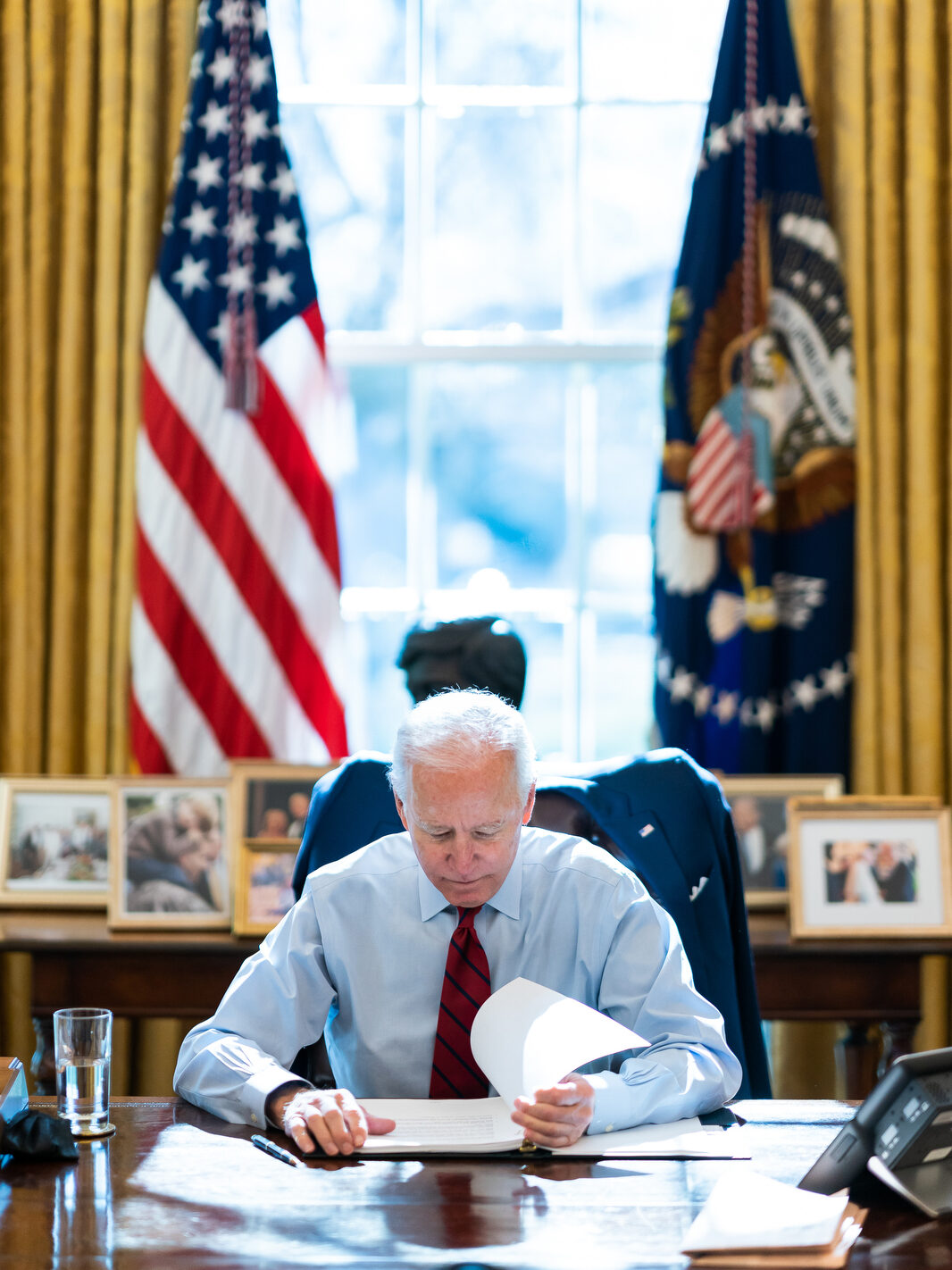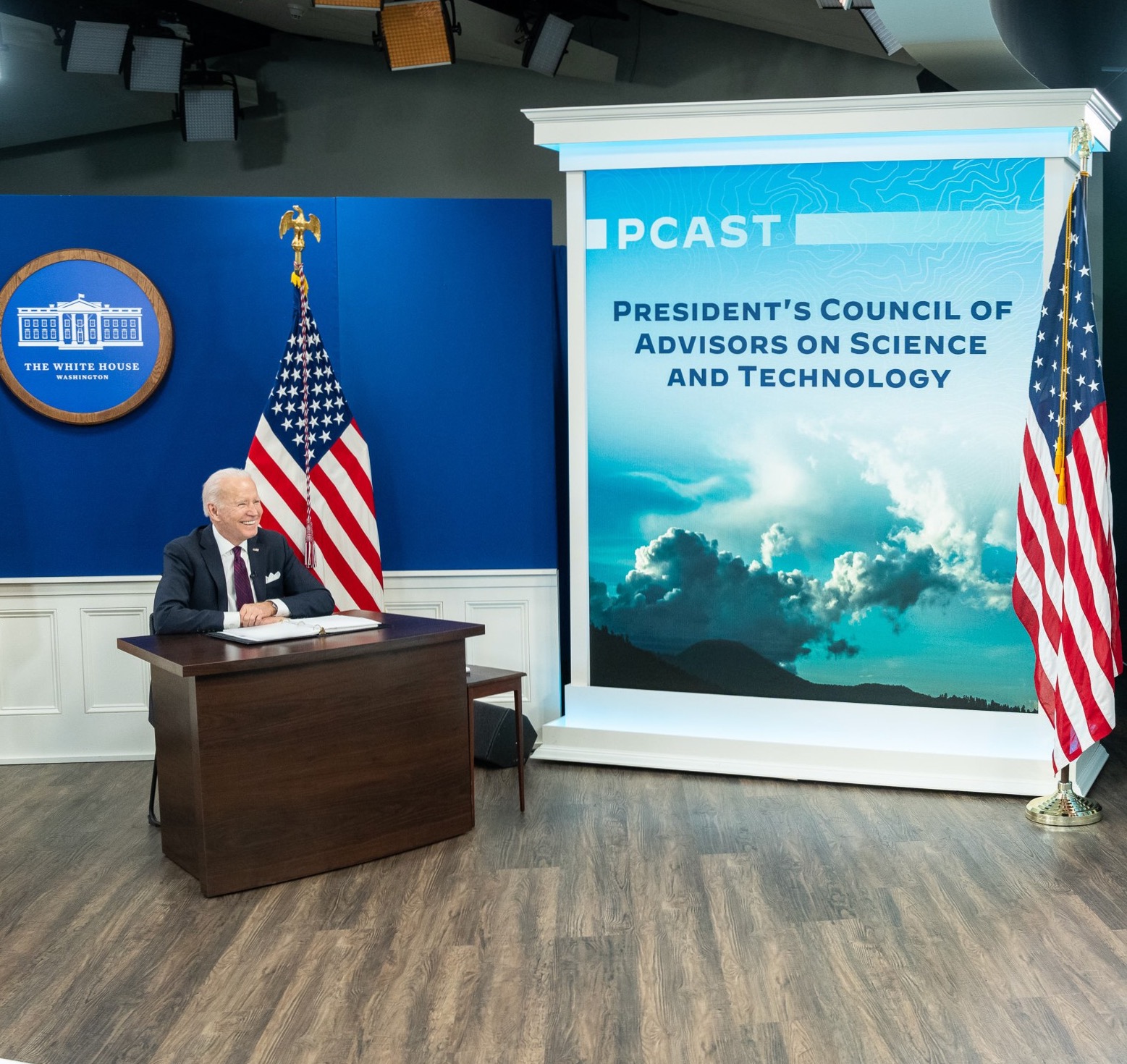President’s Council of Advisors on Science and Technology
The President’s Council of Advisors on Science and Technology (PCAST) is the sole body of advisors from outside the federal government charged with making science, technology, and innovation policy recommendations to the President and the White House. Established by Executive Order, it is an independent Federal Advisory Committee comprised of distinguished individuals from industry, academia, and non-profit organizations with a range of perspectives and expertise. PCAST develops evidence-based recommendations for the President on matters involving science, technology, and innovation policy, as well as on matters involving scientific and technological information that is needed to inform policy affecting the economy, worker empowerment, education, energy, the environment, public health, national and homeland security, racial equity, and other topics.
Innovation, Imagination, Inspiration
“They [PCAST] are the ones asking the most American of questions: What next? How can we make the impossible possible? They are asking these questions as a call to action, to inspire, to help us imagine the future and to figure out how to make it real and improve the lives of the American people and people around the world.”
– President Joe Biden
Beginning in 1933 with President Franklin D. Roosevelt’s Science Advisory Board, each President has established an advisory committee of scientists, engineers, and health professionals. Although the name of the advisory board has changed over the years, the purpose has remained the same—to provide scientific and technical advice to the President of the United States.
President Biden’s PCAST consists of 28 members, including 20 elected members of the National Academies of Sciences, Engineering and Medicine, four MacArthur “Genius” Fellows, and two Nobel laureates. Its members include experts in astrophysics and agriculture, biochemistry and computer engineering, ecology and entrepreneurship, immunology and nanotechnology, neuroscience and national security, social science and cybersecurity, and more.

PCAST is traditionally co-chaired by the President’s Science Advisor and 1-2 external co-chairs. Since its inception, no women have served as co-chairs. President Biden’s PCAST now has three women co-chairs. Furthermore, this PCAST reflects the President’s commitment to build an Administration that looks like America. For the first time ever, women make up half of PCAST and people of color and immigrants make up more than one-third of PCAST. Its diversity will help the council bring to bear a wide range of perspectives to address the nation’s most pressing opportunities and challenges, so that science, technology, and engineering benefits all Americans.
The members of PCAST are Presidential appointees who serve without compensation, being reimbursed only for travel, meals, and accommodations in accordance with government regulations.
Hear from the Speakers at the PCAST Co-Chairs Announcement
-
Frances Arnold, PhD
Frances Arnold, PhD
“I’m here today because of love. Love of science, yes, but also a deeper love of our planet and of our people, without whom science has no purpose or meaning.”
-
Arati Prabhakar, PhD
Arati Prabhakar, PhD
“I could not be more excited for the efforts of this administration to deploy science to help breathe new life into so many communities large and small that are hurting today.”
-
Maria Zuber, PhD
Maria Zuber, PhD
“I could not be more excited for the efforts of this administration to deploy science to help breathe new life into so many communities large and small that are hurting today.”
“We know that science is discovery and not fiction. It is also about hope… and that’s America. It is in the DNA of this country.”
President Joe Biden
The President’s Key Science Questions
- What can we learn from the pandemic about what is possible—or what ought to be possible— to address the widest range of needs related to our public health?
- How can breakthroughs in science and technology create powerful new solutions to address climate change—propelling market-driven change, jump-starting economic growth, improving health, and growing jobs, especially in communities that have been left behind?
- How can the United States ensure that it is the world leader in the technologies and industries of the future that will be critical to our economic prosperity and national security, especially in competition with China?
- How can we guarantee that the fruits of science and technology are fully shared across America and among all Americans?
- How can we ensure the long-term health of science and technology in our nation?






